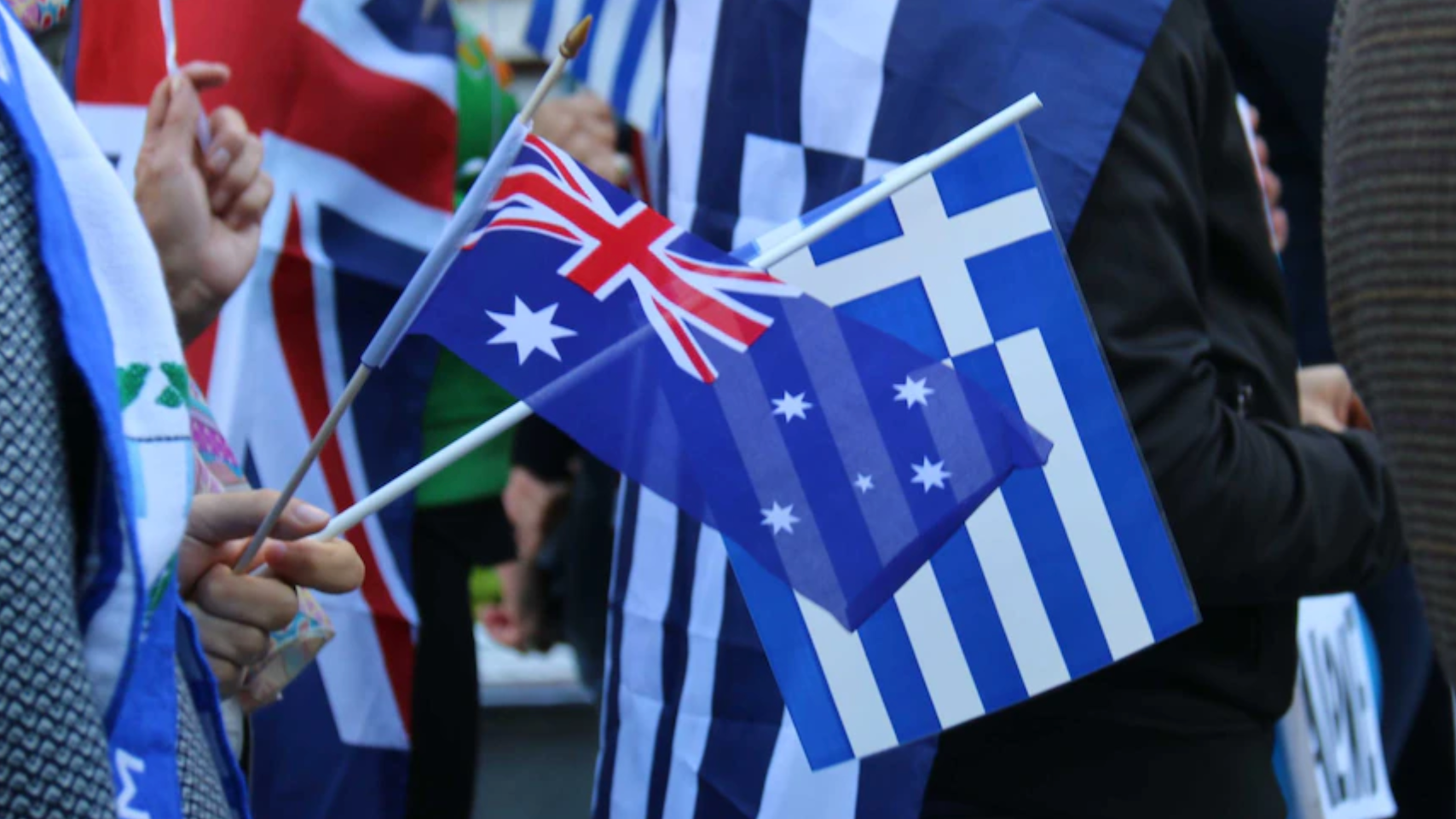By Dr Steve Bakalis, Economist.
“Diaspora Engagement in Times of Severe Economic Crisis: Greece and Beyond” is a timely and important SEESOX Diaspora contribution – an original work of unique substance on diaspora engagement in times of crisis, including an Australian perspective with a contribution on “Greek-Australian Ethno-regional Diasporic Engagement with the Homeland During the Greek Economic Crisis: Ethnographic Insights” by Vassiliki Chryssanthopoulou.
It highlights the need for a greater focus on contemporary perspectives of the mainstream diaspora and its engagement with the homeland and examines how the Greek financial crisis has affected the relationship between the homeland and diaspora.
As a result of globalisation, one of the challenges confronting most nation states today is the rise of transnational communities and cities, which has blurred the distinction between foreign and local needs. Historically the contribution of the Greek diaspora (during past crises in Greece) was associated with its positive role of an initiator/instigator for the spread of optimally adjusted institutions in business operations, since the state was weak and the supply of local entrepreneurship was limited.
Greek kinship (diaspora) networks can be traced to the 18th century, when Greek Phanariot merchants and traders dominated the commerce of the Ottoman empire, utilising their kinship networks and social and religious institutions to maximise not only their business and assets, but also their cultural capital. Diaspora Greeks became especially prominent from the eighteenth century in the development of printing and the press, and experienced a major intellectual revival in cities as far afield as Vienna, Venice, Odessa, Paris, and Amsterdam (Smith, 1999).
The importance of Greek kinship networks encouraged is also highlighted during the nineteenth century, when consortia of financiers who wished to invest in Greece were based on informal networking, with the Greek diaspora playing a cohesive role (Bitros and Minoglou, 2004).
Diaspora financiers through their informal network arrangements interlocked with elite western banks, extending the Greek kinship networks to also include Philhellenes in a strategic way, thus raising in collaboration with them substantial long term capital for the Greek government. These financiers were uniquely placed, as they were familiar with western business practices, while they also had efficient information channels and an intimate knowledge of local conditions, thus lowering the risk and transaction costs for foreigners.
From another perspective, another historical contribution of the Greek diaspora was associated with its role of an initiator/instigator for the spread of optimally adjusted institutions in business operations, since the state was weak and the supply of local entrepreneurship is limited as it is today.
It has been argued that in such case the diaspora acts as a ‘third’ party and substitutes the state in supplementing the market system with rules, enforcement mechanisms and institutional change. However, despite the historical importance of Hellenic kinship or diaspora networks, during recent times the strength of these networks has diminished considerably and most recent crises in Greece seem to be characterised by the inertia of the dynamic Greek diaspora centres.
Today, important centers of the Greek Diaspora exist in New York, Chicago, London, Melbourne, Toronto, and other parts of the world with a sense of cosmopolitanism, a virtue that can pave the way for the development of a more dynamic relationship between Greece and its Greek Diaspora centres, as cosmopolitan ideas encourage individuality and cultural diversity. They are presented and well integrated in every field for generations and are the perfect and natural bridge between their host countries and Greece.
The severe economic crisis, which is also a crisis of values, is the perfect opportunity to rethink our ways of doing things and to revitalise our relationship and this is the motivation offered by this exciting publication.
Against this background, this timely publication seeks to shed light on how a severe economic crisis has impacted on diaspora-homeland relations. It addresses this question by exploring diaspora engagement in Greece during the protracted post-2009 eurozone crisis. In so doing, it looks at the crisis as a critical juncture in Greece’s relations with its nationals abroad.
The contributors in this book explore aspects of diaspora engagement, including transnational mobilisation, homeland reform, the role of diasporic institutions, crisis driven migration, as well as comparisons with other countries in Europe. They provide a compelling and original interdisciplinary study of contemporary diaspora issues, through the lens of an advanced economy and democracy facing a prolonged crisis, and, as such, it is a significant addition to the literature on European diasporas.
Rethinking the role of the Greek Diaspora gains greater importance, given the changing structure of the Greek ancestry groups and other parts of the world, where the second and subsequent generations of the first Greek migrants have become the dominant ancestry groups. This is the case also for Australia which hosts the largest Greek Diaspora where during the 2021 Australian census, 425,000 people declared to be of Greek ancestry with only 22% born in Greece, that is 92,300, which is the so-called first-generation.
The book explores the Australian dimension through a thorough examination of the relations between Australian Castellorizians and their ancestral homeland, Castellorizo, focusing on the impact of the recent economic crisis on processes of diaspora engagement. It is an excellent case study which illustrates the need to pursue in depth the importance of the ethno-regional factor when studying the engagements of diasporic Greeks with their ancestral regional and, through them, with the wider, ethno-national homeland during periods of crisis.



